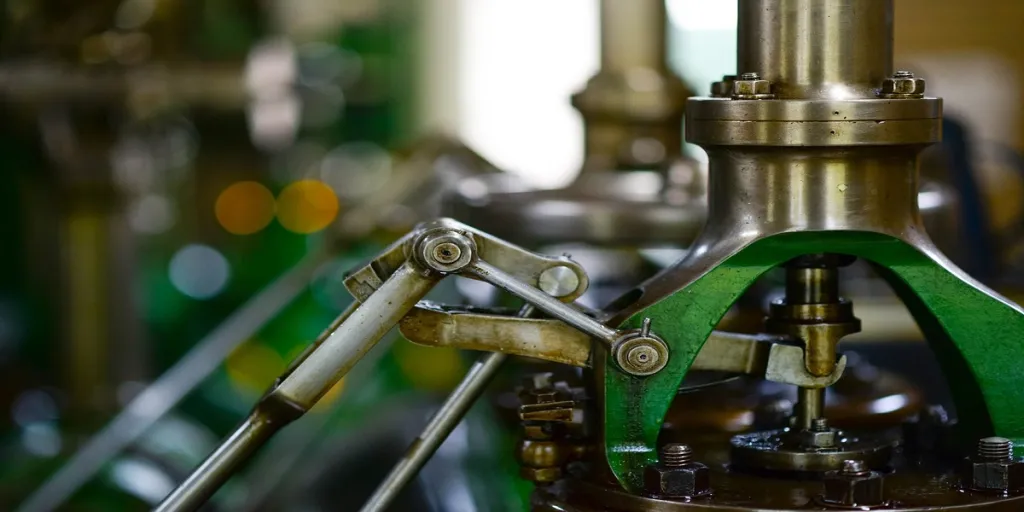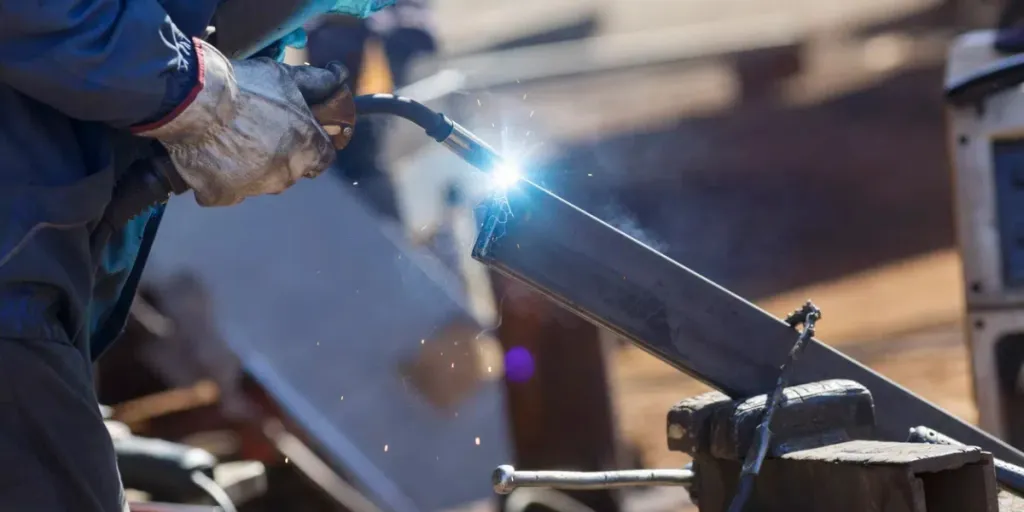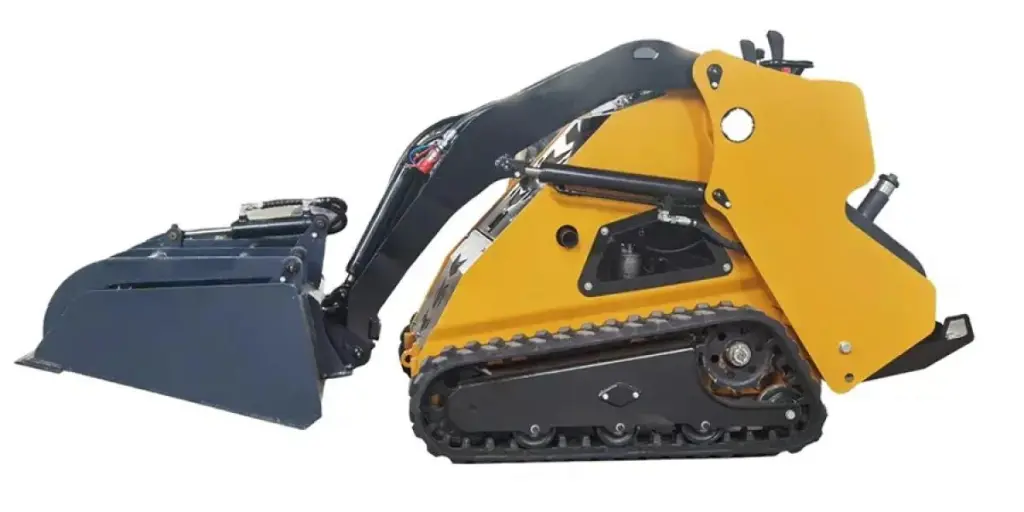One of the most significant advantages that the Asia Pacific has is its population. The United Nations estimates that it has a population of 4.3 billion people. This usually translates to lower labor costs, a key factor for many businesses. As such, it’s important to look away from the world’s populous nations in the region, China and India, when sourcing goods for businesses. This article will examine Indonesia and some factors to consider before sourcing goods.
Table of Contents
Industrial machinery in Indonesia: market share and demand
Key factors for sourcing industrial machinery in Indonesia
Challenges for sourcing industrial machinery in Indonesia
Final thoughts
Industrial machinery in Indonesia: market share and demand
Indonesia is one of the largest economies among South Asian countries. This being said, construction, mining, and manufacturing are the leading contributors to the Indonesian GDP. The Indonesia construction equipment market size was estimated at $3.08 billion and is forecast to reach $4.5 billion by 2028, growing at a compound annual growth rate (CAGR) of 6.79% from 2021 to 2028. Its volume is projected to reach 33,016 units by 2028, growing at a CAGR of 7.13% from 2022-2028.
Key factors for sourcing industrial machinery in Indonesia
Below are the most critical factors businesses should be aware of when sourcing industrial machinery in Indonesia.
Employment regulations
In Indonesia, you can either be a contract or permanent-based worker. Contract workers have definite terms, while permanent workers don’t. All workers, including the typical workers, receive the same protections as permanent and full-time workers under the law.
Provincial and district authorities establish Indonesia’s minimum wage, which varies by province, district, and sector. The Indonesian minimum wage varies from the lowest in the province of Central Java at rupiah 1,100,000 ($82) per month to the highest in Jakarta at rupiah 3,100,000 ($232) per month. Indonesia’s minimum wage was last changed on 1st January 2016.
Business licenses
Investors will require various licenses to legally operate a business in Indonesia, depending on the type of business. The most common is the general business license, which gives the business the right to sell goods and offer services legally in the country. An importer will need an import license to import goods. Companies engaged in the manufacturing industry will need an industrial business license to run.
Companies that deal in construction will require a construction license and, depending on their area of specification, will have to be given clearance by the government.
Cost to manufacture a product
While Vietnam has labor costs that are 1/3 of China’s, Indonesia’s labor costs are around 1/5 compared to China’s.
The working population in Indonesia is 135 million. In addition to its large and young workforce, the low labor costs are one of the main perks for foreign companies who invest here.
Lead time of products
Lead time is the time between initiating and completing a production process. Different goods have different lead times. Garment manufacturing, for example, has a lead time of 60 days.
Lead time can also be seen in exports. Lead time for export is the median time (the value for 50 percent of shipments) from the shipment point to the loading port. According to Data from the World Bank, Indonesia has a lead time for exports of 2 days. Such a short lead time for export attracts investors.
Product design and engineering support
Importers facing a growing need to manufacture goods at a faster pace and shorten product development cycles may look to Indonesia for support. Indonesia’s population is around 275 million, with a median age of 29.7 years. Additionally, a high urbanization rate is recorded as young people in Indonesia are seen moving to bigger cities for job opportunities. Currently, an estimated 135 million are part of the workforce, which will continue to grow.
Challenges for sourcing industrial machinery in Indonesia
Sourcing for industrial machinery in Indonesia has some benefits. However, there are some challenges associated with it too. These challenges are explained below.

High regulatory burden
Acquiring licenses to set up a new or existing business in Indonesia may be hectic. This is especially true when it’s a foreign company; one has to have several permits to operate.
Nonetheless, with President Jokowi’s instruction to BKPM, a company can prepare its permits in a shorter period. It takes BKPM only 3 hours to process and issue the permit. This significant achievement for Indonesia will ultimately lead to more market opportunities.
Underdeveloped infrastructure and service networks
Indonesia’s infrastructure is mediocre by global standards, which hampers investments and growth. As such, it is crucial for the country to improve its infrastructure, as it would boost the country’s ability to sell industrial machinery. From 2020 to 2024, the government aims to invest $430 billion in infrastructure projects, benefiting local companies and foreign investors.
Lack of transparency
To better the nation’s growth and the well-being of its citizens, the Indonesian government has increased its budgets, and thus, more funds are allocated to more sectors. However, there have been significant leakages that may discourage several foreign investors. Such leakages may be seen in how the infrastructure sector, for example, was given a boost in funding in 2016, yet it took years for any notable work to begin. The current administration in Indonesia has committed to increasing public awareness of corruption.
Competition
While Indonesia has been successful as an industrial country so far, neighboring countries such as Vietnam, Singapore, the Philippines, Malaysia, and Thailand have posed significant competition. The administration is working hard to prioritize projects—such as transport, renewable energy, infrastructure, and tourism.
Final thoughts
Indonesia may seem to be far east. However, as discussed, it is a hub for business and can form an excellent place to source products. Moreover, its location between North Asia and Australia makes it a strategic location for trade between the two continents and the world. For a list of products available from Indonesian industries, visit Chovm.com.








